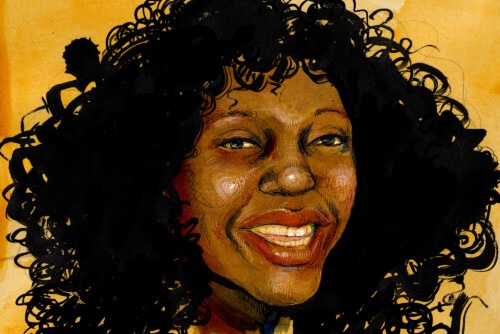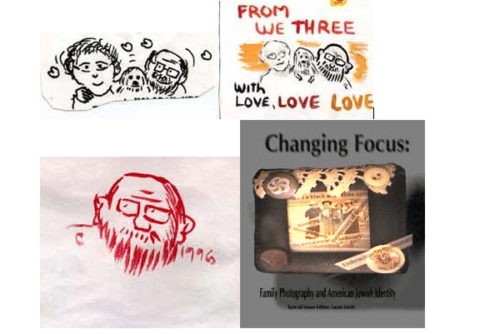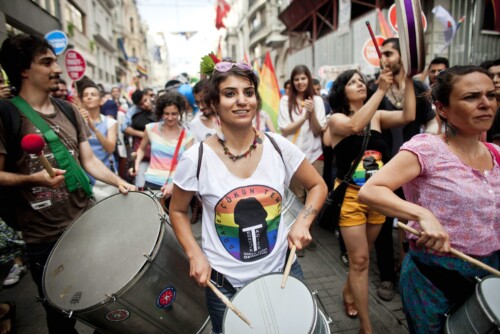A response to the panel “Using Knowledge, Advancing Activism” at the conference Activism and the Academy: Celebrating 40 Years of Feminist Scholarship and Action. Watch the video here:
Using knowledge in academia and activism is intrinsic to the very nature of these two concepts. However, how knowledge is used in each is very different. There must be development from academia to activism to actually enact change. As academics, we revel in the learning, absorbing information, and using that information to reach other people. As our society becomes even more interconnected, the latest news, thoughts, and forums are as easy to find as logging onto your Twitter account. However, we must ask ourselves: is more information power?
The “Using Knowledge” panel struggled with these questions and challenged us to figure out how to translate academia into activism. Rinku Sen, the president and executive director of the Applied Research Center (now Race Forward) and the publisher of Colorlines, went so far as to say that “information is not power, power is power.” As a community organizer for UNITE-HERE, Local 1 in Chicago, my job is to educate the community on labor injustices we face in the city and the local and national impact they have. But after all that talking, people actually have to do something. The hardest part is actually mobilizing people. They must use the information to talk to their congregation or community group, and subsequently have the group turn out for a press conference or a rally. The quest for more information in the academic world is relentless, and we push ourselves to get that obscure PhD, and to be the only one knowledgable about some specific topic. But does that really move anything forward? Dean Spade, an assistant professor at the Seattle University School of Law believes that “the quest for more knowledge can fund the academic machine and not actually move things forward.” The challenge is to make the information we hold useful and accessible to people in such a way that it permeates our cultural understanding and affects everyday discourse.
The media is one of the most powerful tools we have for changing the cultural discourse. Everything from how we get our information to how we share that information can shape our cultural understanding. Jamia Wilson, the vice-president of programs at the Women’s Media Center, spoke of her grandmother, an avid radio listener, who had formed a very detailed narrative about topics often thought too complex for someone with her elementary education. Despite her limited academic education, this woman was able to develop a cultural rhetoric that was both curious and complex because of public media. In our online world, we think we have to have the very latest news in order to truly have an opinion. This is something I fall victim to as well. I religiously read the Huffington Post and have every imaginable news alert on my phone. I can tweet after reading an article and feel satisfied that I did something good to continue that conversation. However, as connected and knowledge-driven as we are, we are not spontaneously going to the streets en masse, protesting all these injustices that we face. Mass media and the perpetuation of information do not replace organizing. We often say that Twitter and Facebook have changed the face of activism, sparked the Arab Spring, and were at the core of the Occupy movement. While there is some truth to this, these movements were not born online. They are the product of decades of frustration and anger against governments that have failed us and economic systems that have stolen from us. These movements have gained steam because of the onslaught of information publicized and the increasingly disturbing crimes committed by the economic and political elite. The more people knew about these incidences, the more outraged they became, and eventually people hit the streets.
I found that the core question that this panel wrestled with was: How do we change our knowledge into action, and how do we do it on a grander scale? As we struggle with this every day, we come up with better ways to find the right audience and send them the right message that calls them to action. In light of the recent Chicago Teachers’ Union strike, the first in 25 years, I have been thinking a lot about how the right knowledge and the right message can get a whole city on your side. The teachers were able to do this by meeting with parents, local school councils, and others to have real conversations about the future of public education in our city and in our country. I find it amazing that our educators were able to find the right information and develop the right message to rally a whole city in their favor. This is the true challenge that we face and to do so, we must step away from our books, theses, and chatrooms, and start organizing people for change.



